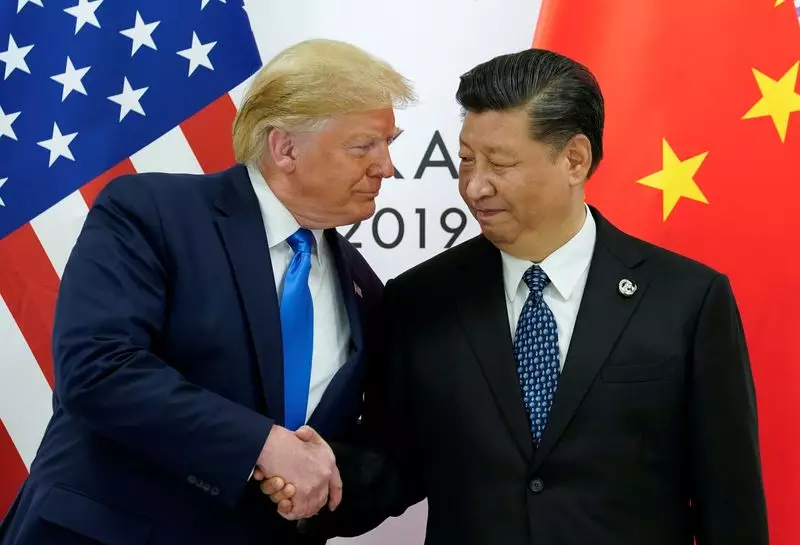The political landscape shifted dramatically following Donald Trump’s recent electoral victory, prompting Chinese President Xi Jinping to extend his congratulations while simultaneously advocating for a constructive relationship between the United States and China. With escalating tensions stemming from trade disputes, security dilemmas, and contentious geopolitical situations such as Taiwan and the South China Sea, Xi emphasized the necessity for a stable, respectful coexistence. His call for a renewed commitment to dialogue indicates an awareness of the precariousness of current bilateral relations. Xi articulated that mutual respect and peaceful coexistence are essential not only for the two powers but also for global stability.
Xi’s message marks a notable contrast to his earlier sentiments following Trump’s initial electoral win in 2016, when he expressed aspirations for greater progress in bilateral ties. This time, his tone is more cautious, reflecting a landscape fraught with uncertainty, particularly in light of Trump’s return to the political forefront.
With Trump’s impending return to the White House, there are significant concerns regarding a resurgence of the trade war that characterized his first term. In 2018, Trump initiated a series of tariffs that strained economic ties and resulted in retaliatory measures from China. As Trump prepares for office, he has indicated an intention to implement tariffs as high as 60% on a range of Chinese goods—an increase that could substantially jeopardize China’s economic growth.
China’s economy is currently vulnerable, grappling with challenges such as a steep property market downturn and rising local government debts, exacerbating the potential fallout from heightened tariffs. The Biden administration’s continuation of Trump-era tariffs underscores the complexity of U.S.-China trade relations. The decision to maintain heightened import duties reflects a broader strategy to safeguard American industries against perceived unfair competitive practices from China.
Despite the challenging backdrop, there is an indication that both nations may seek pathways to mitigate tensions. The recent meeting between Xi and President Biden in California, lasting four hours, gave some hope for improved communications and potential agreements. The Chinese commerce ministry echoed Xi’s calls for collaboration, offering a willingness to foster healthy economic engagements. Such rhetoric is essential, as both sides confront economic realities and navigate the complexities of their interdependent relationship.
Xi’s more restrained congratulatory message might also indicate China’s growing pragmatism in relation to U.S. policies and its recognition of the need for steady navigation through tumultuous waters. The potential impact of U.S. tariff policies on its economic health could compel China to adopt a more conciliatory approach, focusing on areas of cooperation rather than confrontation.
The international community is closely observing these developments, as stable China-U.S. relations are vital not only for both countries but also for global economic health. The state-run China Daily mirrored this sentiment, characterizing Trump’s win as an opportunity for a “new beginning” in bilateral relations, provided neither side squanders the chance presented. Conclusively, the future trajectory of China-U.S. relations will hinge on the leaders’ ability to manage their differences while finding common ground to address mutual concerns.
In closing, Xi’s measured response to Trump’s victory highlights the acknowledgment of intricate challenges ahead. As both nations navigate these complexities, the need for pragmatic bilateral relations will be paramount, framing the future of economic ties and international stability. Cooperation may well be the best strategy, even among adversaries, as the global landscape continues to evolve.

